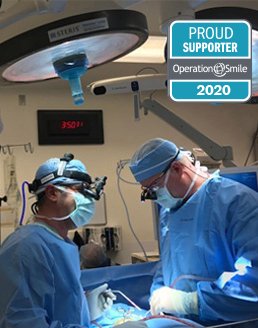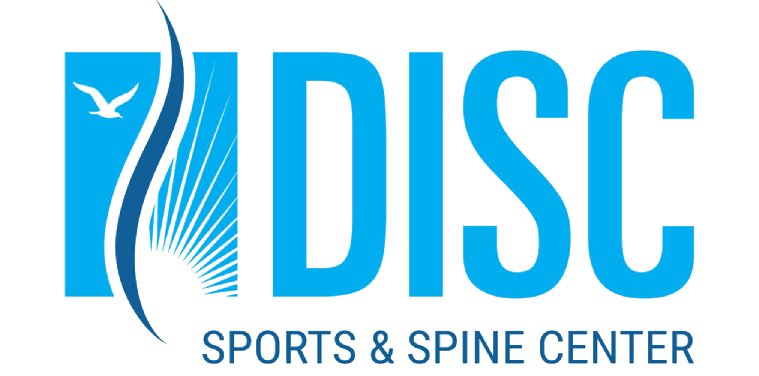Sacroiliac Joint Dysfunction
Sacroiliac Joint Dysfunction Treatment in Newport Beach
The sacroiliac joint connects the pelvis to the bottom of the spine, right above the tailbone. This joint is responsible for most of the force and weight transfers from between the legs and the upper body. Sacroiliac joint dysfunction causes mild to severe pain in the legs, lower back region and the pelvic region due to inflammation.
[fusion_builder_container hundred_percent=”yes” overflow=”visible”][fusion_builder_row][fusion_builder_column type=”1_1″ background_position=”left top” background_color=”” border_size=”” border_color=”” border_style=”solid” spacing=”yes” background_image=”” background_repeat=”no-repeat” padding=”” margin_top=”0px” margin_bottom=”0px” class=”” id=”” animation_type=”” animation_speed=”0.3″ animation_direction=”left” hide_on_mobile=”no” center_content=”no” min_height=”none”]
Sacroiliac joint dysfunction have different symptoms depending on how severe the damage is. These symptoms can make it hard to perform actions like bending forward, climbing stairs or standing up. Symptoms of sacroiliac joint dysfunction symptoms may include:
- Leg pain
- Pain in the pelvic region (hips, groin, buttock)
- Some severe cases can also develop insomnia or depression
- Tingling sensations
To diagnose sacroiliac joint dysfunction, your Newport Beach orthopaedic surgeon, Dr. Todd Peters will perform a complete and thorough physical examination as well as a medical history check. He may also request X-Rays, MRIs, and CT scans to better assess your case.
X-Rays – A type of quick imaging process using electromagnectic waves to better show Dr. Peters bones of the body to pinpoint possible sources of pain.
Magnetic Resonance Imaging (MRI) – This type of imaging uses radiology to show Dr. Peters the soft tissues of the body like muscles, disks, nerves, and the spinal cord.
Computerized tomography (CT) – CT scans are X-ray scans taken from various angles to create a cross-section of bones and soft tissues of the body.
- Steriod/Epidural injections
- Acupuncture
- Pain medication
If your pain does not improve, Dr. Peters may suggest surgery.
Dr. Todd Peters specializes in minimally invasive orthopaedic treatment of Sacroiliac Joint Dysfunction. For appointments, please call (949) 383-4182 or Contact Us. [/fusion_builder_column][/fusion_builder_row][/fusion_builder_container]





